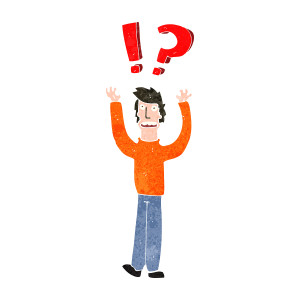The role of anti-depressants
Contemporary society is addicted to speed, and sometimes I find I am just as bad as the next person. Unfortunately our current addiction doesn’t just encompass such things as fast computers, fast food and fast trains. It also includes fast grief.
The need for fast grief, which usually means medicated masked grief, is becoming the norm. My concern is that medically masking, delaying, or bypassing the grief process will only increase the likelihood of serious clinical depression later.
Many of my clients and hospice grief support group members take anti-depressants. Some have said that the medication is critical to being able to function. However, it is rare that the medication is monitored properly by a psychiatrist, and it is common for a family physician to write the prescription without having completed a detailed assessment.
The majority of the grieving population is not clinically depressed
Current and past research supports the following:
- grieving is necessary and if delayed it will “wait”
- grieving is difficult and not a short-term experience
- grief support groups and cognitive behavioral counseling are very effective
- most individuals possess the inner resources to cope without medication
- most individuals come through stronger, more compassionate and more resilient as a result of their experience.
Grief and clinical depression share some symptoms
Even though the majority of grieving individuals are not clinically depressed, they often experience similar symptoms. I have listed the subtle symptom differences to help you gauge your own situation.
Distinctions between normal grief (situational depression) and clinical depression
A person experiencing normal grief:
- responds to comfort and support
- expresses anger openly
- feels life is an emotional roller coaster
- relates depressed feelings to loss
- experiences periods of enjoyment
- has passing physical complaints
- expresses generalized feelings of guilt
- feels an occasional dip in self-esteem
- has temporary loss of appetite
- experiences temporary insomnia
- wonders if their life is over
A person experiencing clinical depression:
- doesn’t accept support
- is irritable but does not express anger
- experiences no emotional relief at all
- doesn’t relate symptoms to a particular life event
- carries an overall sense of doom
- expresses chronic physical complaints
- focuses on guilt over a specific aspect of the loss
- maintains steady sense of low self-esteem
- has prolonged loss of appetite
- experiences prolonged loss of sleep
- has ongoing suicidal thoughts
In closing…
Whether anti-depressants are appropriate for normal situational depression is controversial, and there is varied opinion regarding the line dividing situational depression from clinical depression. Mental health providers, however, do agree on the following:
- if you have a history of clinical depression, the death of a loved one can trigger an episode.
- if you have no history of clinical depression but currently have no support or contact with others, you could slip from grief into clinical depression.
- if you feel you have crossed the line, immediately contact a mental health care professional directly or call your physician for a referral.
- if you are taking anti-depressants, do not abruptly stop the medication. Seek the guidance of a psychiatrist or your family physician regarding taping off of the medication.
The following link will take you to the August 2013 New York Times article regarding recent antidepressant studies: http://well.blogs.nytimes.com/2013/08/12/a-glut-of-antidepressants/?_r=0
Note: This post should not be construed as supporting or opposing the use of anti-depressants.































